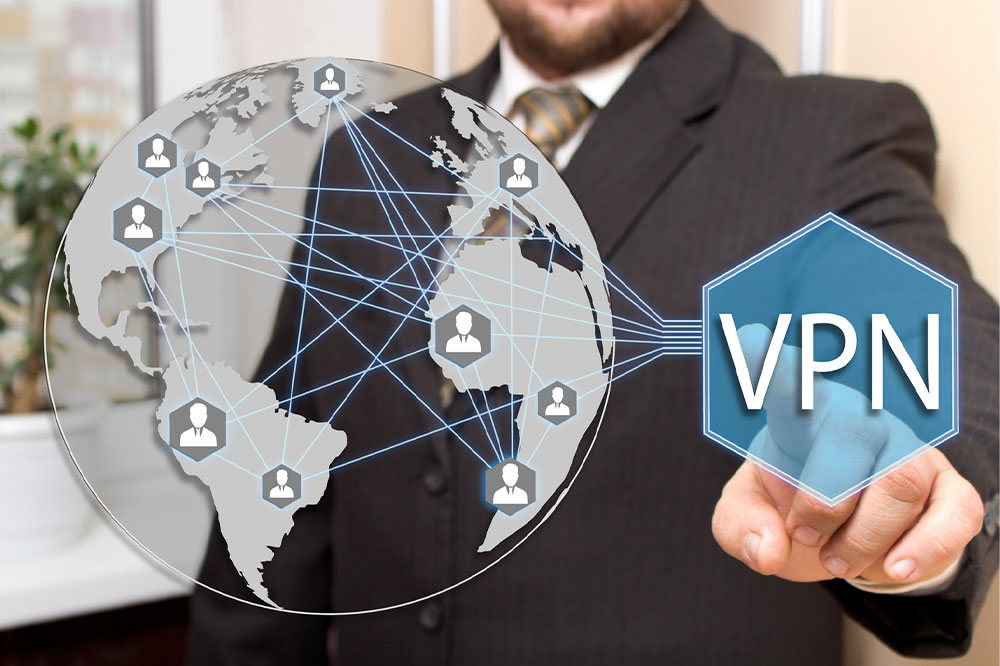Overcoming Obstacles in Data Philanthropy and Its Impact on Human Well-Being
This article explores the hurdles facing data philanthropy and highlights its significance in enhancing human welfare. It discusses privacy concerns, corporate reticence, and the diverse applications in humanitarian aid, poverty alleviation, research, and human rights. By addressing these challenges, data sharing can better serve society's needs, fostering innovation and justice worldwide.

Overcoming Obstacles in Data Philanthropy and Its Impact on Human Well-Being
Data philanthropy aims to serve societal interests by encouraging private companies to share data for public benefit. Its applications range from humanitarian support to academic research. Central to this concept is the belief that sharing data benefits society—when handled responsibly. However, challenges exist that hinder its full potential.
Key Challenges
Protecting Online Privacy: The foremost obstacle is maintaining user privacy during data sharing. Techniques like differential privacy and spatial-temporal masking are employed to safeguard identities. Non-profit entities are actively developing tools to enhance privacy without compromising data utility.
Getting Corporations to Share Data: Many firms fear that releasing data might weaken their competitive edge. Businesses depend on internal data to analyze customer trends and optimize products. Public sharing could risk revealing sensitive insights, making companies hesitant.
Practical Uses
Supporting Humanitarian Efforts: Big data can predict disasters, enabling quicker responses. Mobile usage patterns help assess access to vital resources like water and electricity. Such insights assist humanitarian groups in identifying communities at risk and improving aid strategies.
Digital tools, including sensor networks, enable humanitarian organizations to monitor and address emerging issues in vulnerable regions.
Assisting Marginalized Communities: Despite progress, over 2.5 billion people still live in poverty. Mobile phone data, social media activity, and government statistics can be combined into centralized databases. These resources enable NGOs to tailor interventions effectively to those most in need.
Advancing Scientific Research: Researchers often struggle to access relevant data. When organizations like Facebook and Twitter provide data grants, it fosters new discoveries. Such collaborations can boost public welfare and scientific innovation.
Supporting Human Rights: Data plays a vital role in documenting abuses and war crimes. Information collected underpins investigations and accountability efforts. NGOs work with monitors in conflict zones to uncover discrepancies and promote justice, influencing policy and humanitarian responses.










